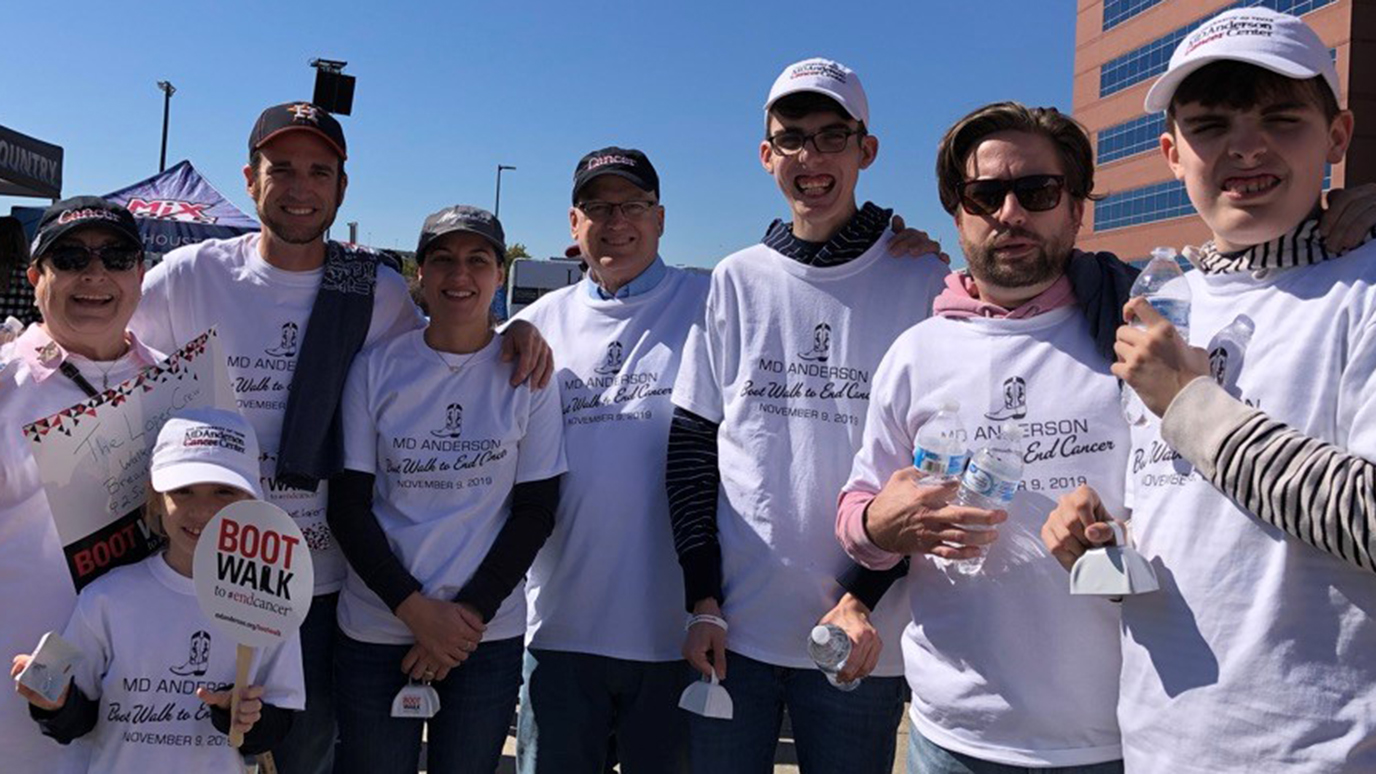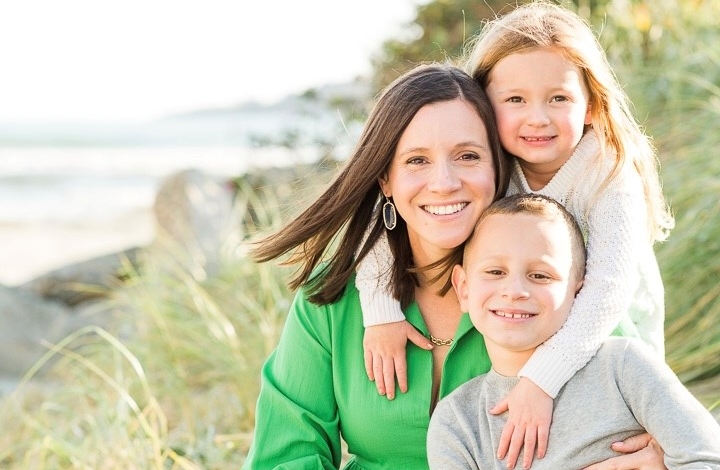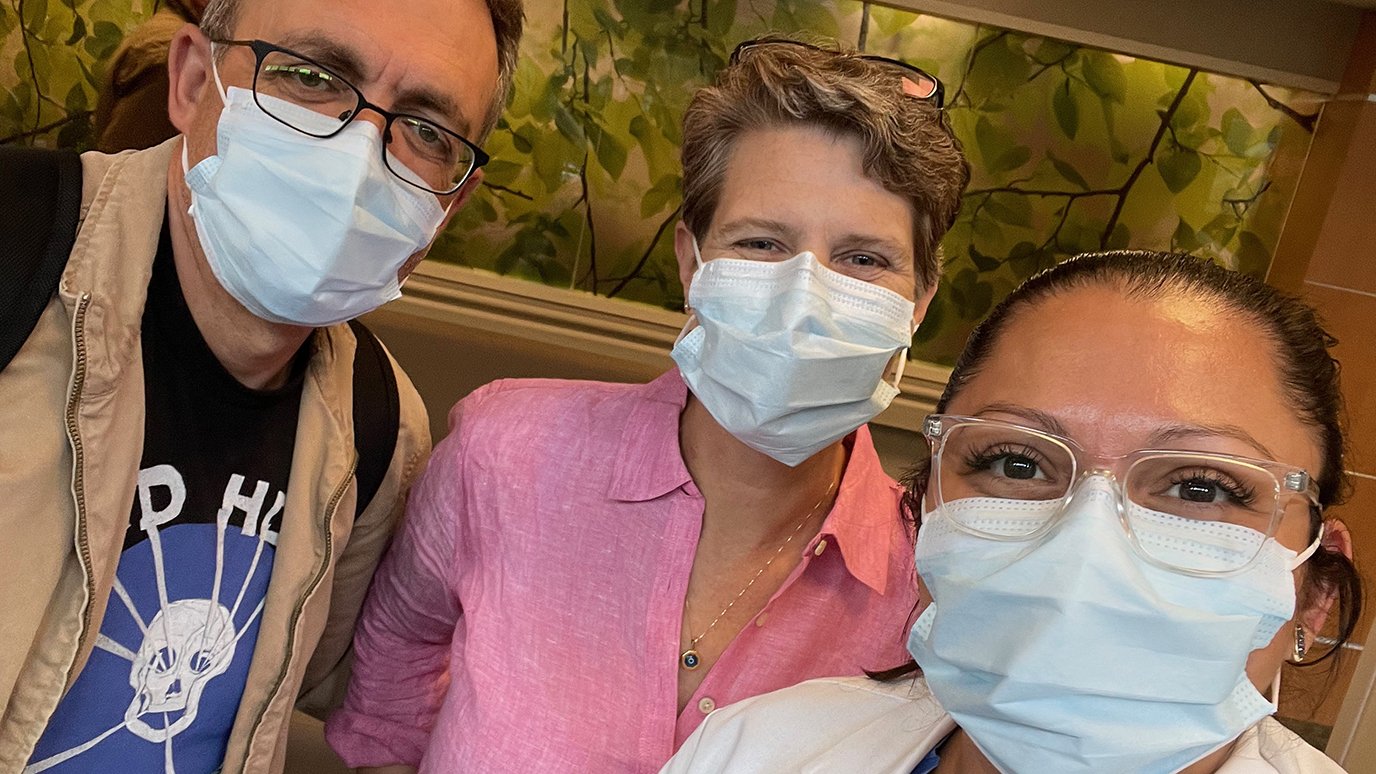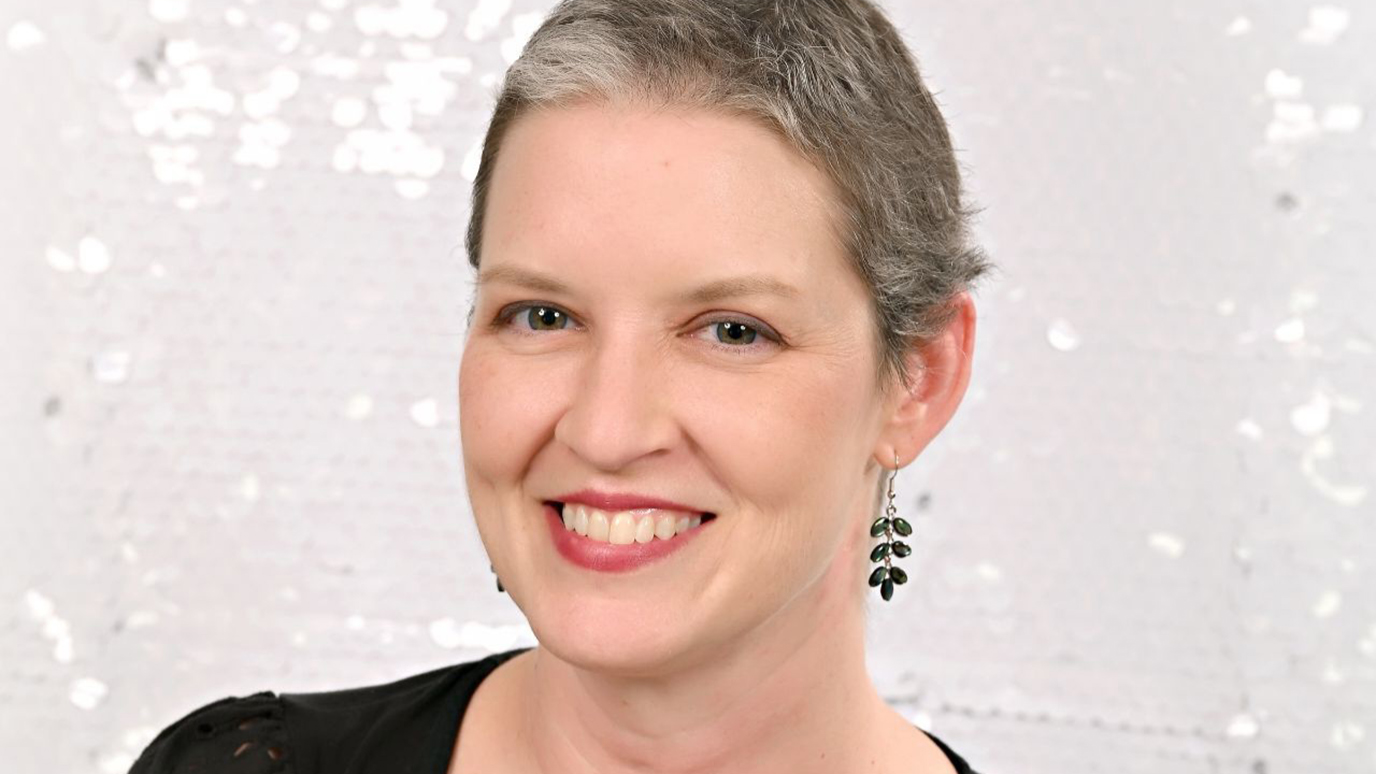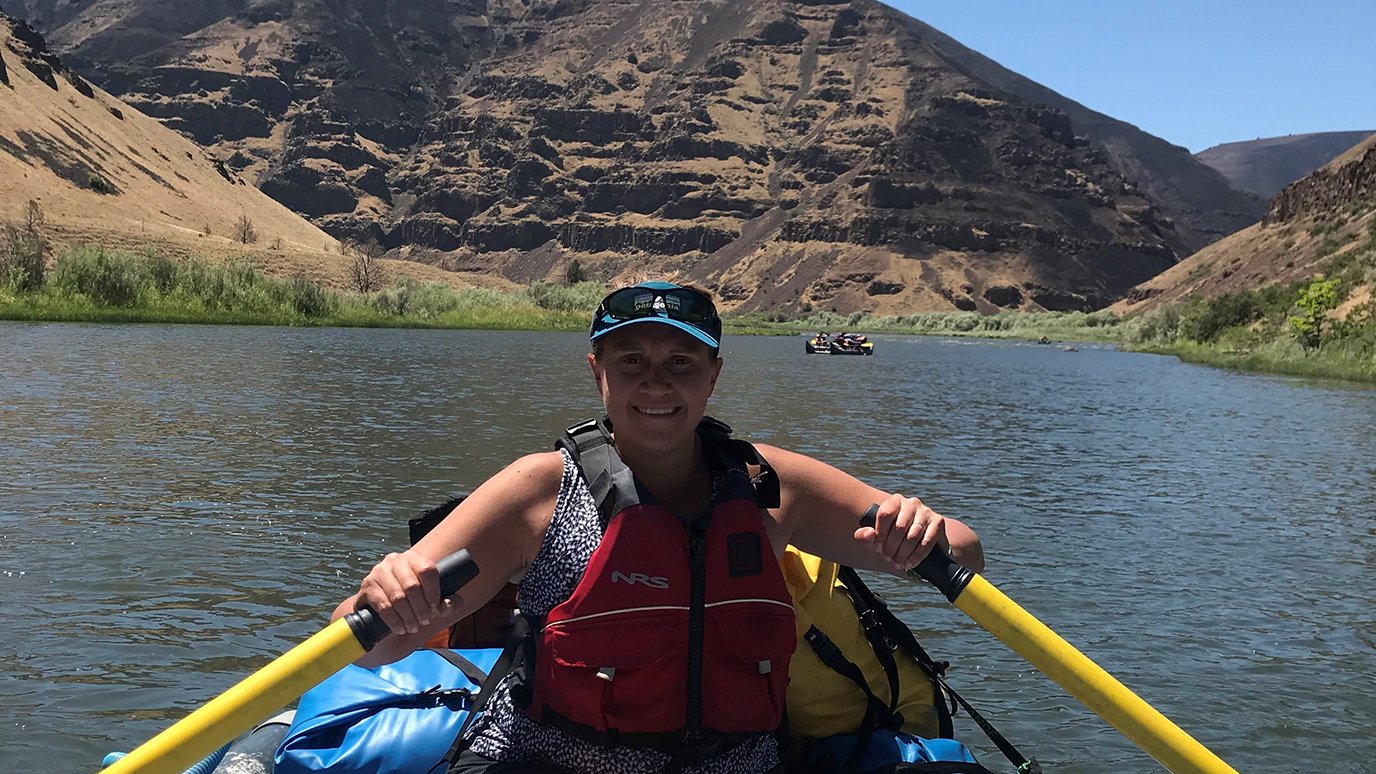- Diseases
- Acoustic Neuroma (14)
- Adrenal Gland Tumor (24)
- Anal Cancer (66)
- Anemia (2)
- Appendix Cancer (16)
- Bile Duct Cancer (28)
- Bladder Cancer (68)
- Brain Metastases (28)
- Brain Tumor (228)
- Breast Cancer (716)
- Breast Implant-Associated Anaplastic Large Cell Lymphoma (2)
- Cancer of Unknown Primary (4)
- Carcinoid Tumor (8)
- Cervical Cancer (154)
- Colon Cancer (164)
- Colorectal Cancer (110)
- Endocrine Tumor (4)
- Esophageal Cancer (42)
- Eye Cancer (36)
- Fallopian Tube Cancer (6)
- Germ Cell Tumor (4)
- Gestational Trophoblastic Disease (2)
- Head and Neck Cancer (6)
- Kidney Cancer (124)
- Leukemia (344)
- Liver Cancer (50)
- Lung Cancer (288)
- Lymphoma (284)
- Mesothelioma (14)
- Metastasis (30)
- Multiple Myeloma (98)
- Myelodysplastic Syndrome (60)
- Myeloproliferative Neoplasm (4)
- Neuroendocrine Tumors (16)
- Oral Cancer (100)
- Ovarian Cancer (170)
- Pancreatic Cancer (166)
- Parathyroid Disease (2)
- Penile Cancer (14)
- Pituitary Tumor (6)
- Prostate Cancer (144)
- Rectal Cancer (58)
- Renal Medullary Carcinoma (6)
- Salivary Gland Cancer (14)
- Sarcoma (236)
- Skin Cancer (294)
- Skull Base Tumors (56)
- Spinal Tumor (12)
- Stomach Cancer (60)
- Testicular Cancer (28)
- Throat Cancer (90)
- Thymoma (6)
- Thyroid Cancer (98)
- Tonsil Cancer (30)
- Uterine Cancer (78)
- Vaginal Cancer (14)
- Vulvar Cancer (18)
- Cancer Topic
- Adolescent and Young Adult Cancer Issues (20)
- Advance Care Planning (10)
- Biostatistics (2)
- Blood Donation (18)
- Bone Health (8)
- COVID-19 (362)
- Cancer Recurrence (120)
- Childhood Cancer Issues (120)
- Clinical Trials (622)
- Complementary Integrative Medicine (24)
- Cytogenetics (2)
- DNA Methylation (4)
- Diagnosis (226)
- Epigenetics (6)
- Fertility (62)
- Follow-up Guidelines (2)
- Health Disparities (14)
- Hereditary Cancer Syndromes (122)
- Immunology (18)
- Li-Fraumeni Syndrome (8)
- Mental Health (118)
- Molecular Diagnostics (8)
- Pain Management (62)
- Palliative Care (8)
- Pathology (10)
- Physical Therapy (18)
- Pregnancy (18)
- Prevention (890)
- Research (388)
- Second Opinion (74)
- Sexuality (16)
- Side Effects (602)
- Sleep Disorders (10)
- Stem Cell Transplantation Cellular Therapy (216)
- Support (404)
- Survivorship (322)
- Symptoms (184)
- Treatment (1768)
Breast cancer survivor: How I talked to my kids about cancer
3 minute read | Published January 08, 2018
Medically Reviewed | Last reviewed by an MD Anderson Cancer Center medical professional on January 08, 2018
When I was diagnosed with stage III breast cancer in January 2017, my biggest fear was how my kids would be affected.
My husband and I told our three young children right away. But we were really apprehensive about what to say, so we spoke first with Traci Newsome, a social work counselor at MD Anderson in the Bay Area.
Traci emphasized the importance of using the word “cancer” rather than “sick,” to keep those concepts separate in young children’s minds. Otherwise, they might think someone needs chemotherapy just because they have the flu. She also said to be sure to say “MD Anderson” rather than just “hospital,” so the kids would know I was going someplace special to treat my disease.
Explanations: Keep them simple
The baby was too young to really understand anything yet, but we tried to keep our explanations simple. We told our older children that doctors had found a spot of disease called cancer in my right breast. We explained that chemotherapy and radiation were types of treatment that could make me better and that surgery would take the cancer out of my body.
It was hard to make a 4- and 5-year-old understand that something which would ultimately help me get better (chemotherapy) would also make me feel really bad at first. And we knew it would be hard for them to watch me struggling. But we tried to give the kids something positive to focus on. We told them that once my treatment was done, we’d all go on vacation together and they could pick the destination. They picked Disneyworld, of course, so right now, that trip is set for next fall.
Keeping the cancer conversation going
Today, I am blessed to be cancer-free. But to get here, I’ve had to endure six months of chemotherapy, a double mastectomy, and 30 rounds of radiation, which I finally finished on November 9. And because genetic testing revealed my cancer was both BRCA2+ and HER2+, I’ll be taking Herceptin for the next 10 months, too.
The BRCA2 gene mutation will always put me at a greater risk for developing breast and ovarian cancers. My boys have already had genetic testing done due to other issues, and thankfully, neither of them carries the BRCA2 mutation. But I still don’t know about my daughter, so I’ll need to have another conversation with her about cancer when she’s older. That’s especially true because I was so young when I was diagnosed.
How genetic testing could help my daughter
It never even occurred to me that the lump I found in my right breast might be cancer. At the time, I was still nursing my youngest child, so I figured it was just a clogged milk duct. And at only age 28, I thought, “Why would it be anything bad?” That’s a misconception I think a lot of women my age have.
Today, I know a lot more about my family history, so I plan to share that with my daughter. It turns out my paternal grandmother was diagnosed with breast cancer in her 60s, but because that’s considered fairly normal, she never had genetic testing done. I’ve since learned that all of the women on her side of the family have had breast cancer, too — and that all of the cancer in my kids’ background stems exclusively from her.
When my daughter turns 18, I plan to recommend that she go straight in and get tested, too. Since she was only 4 when I was diagnosed, she might not remember me having cancer. But I want her to understand the seriousness of it, so she doesn’t have to go through what I have.
MD Anderson depends on the generous support of donors to fund our groundbreaking cancer research and patient support programs that benefit patients like Ashley. Make your gift today.
Request an appointment at MD Anderson online or by calling 1-844-720-0403.
Related Cancerwise Stories

Use the word ‘cancer’ rather than ‘sick,’ to keep those concepts separate.
Ashley Rivera
Survivor

